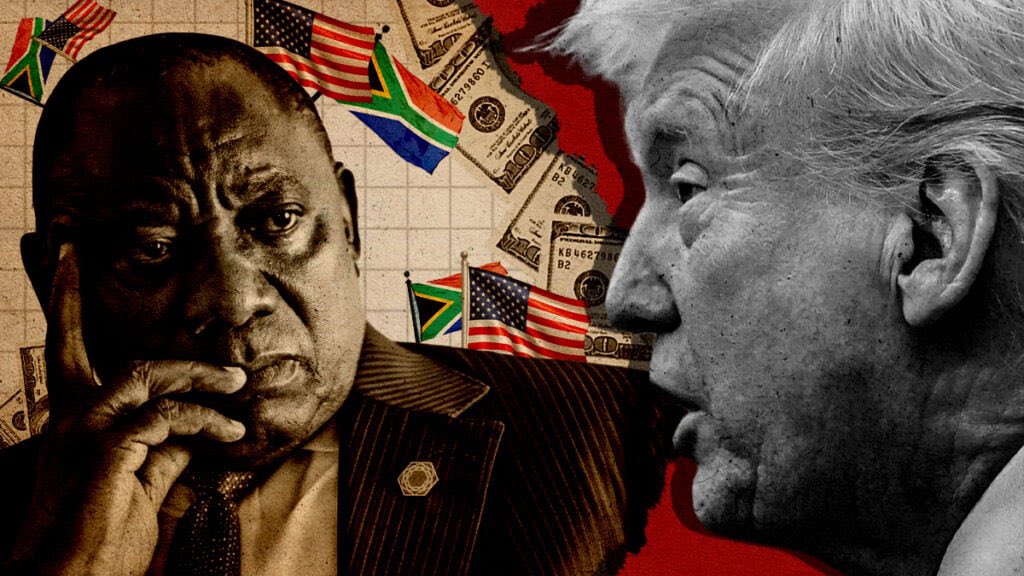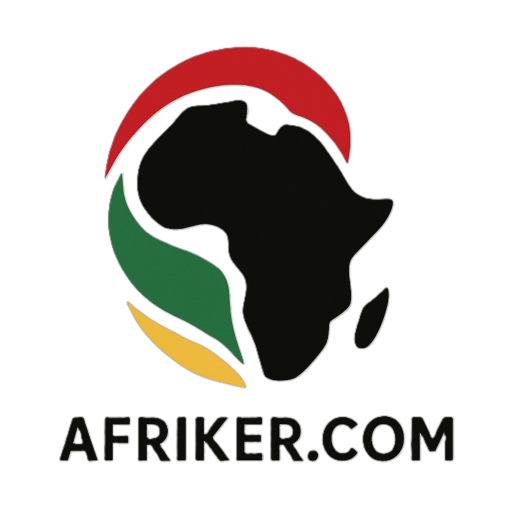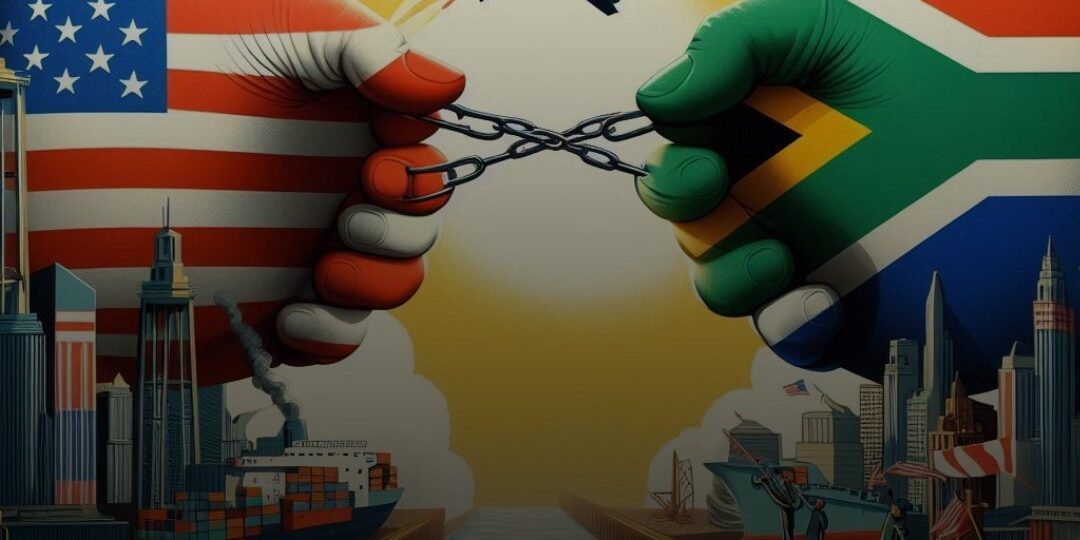Since the end of apartheid in 1994, US–South Africa relations have evolved from cautious engagement to a multifaceted partnership. The United States became one of South Africa’s largest trading and investment partners, while joint initiatives like the President’s Emergency Plan for AIDS Relief (PEPFAR) helped save millions of lives. Over three decades, collaboration extended to counter-terrorism, climate change, and regional security. However, as we entered 2025, new challenges emerged that tested the resilience of this strategic alliance and reshaped the diplomatic landscape.
February 2025 Executive Order: Afrikaner Asylum and Aid Suspension
In February 2025, President Donald Trump issued a controversial executive order offering asylum to white Afrikaner farmers in South Africa. Citing reports of “genocidal rhetoric” and alleged violence against this minority, the order enticed an estimated 5,000 applicants to seek refuge in the United States. Simultaneously, the administration halted critical aid programs, including PEPFAR, arguing that South Africa’s land reform policies were discriminatory and threatened property rights.
We view this dual policy—asylum for Afrikaners plus suspension of PEPFAR—as unprecedented. For many South Africans, the move felt like an affront to the nation’s sovereignty and a misrepresentation of its democratic land-redistribution efforts. These policies immediately dominated headlines in Johannesburg and Washington, sparking diplomatic protests and social media debates. The suspension of HIV/AIDS funding, in particular, raised alarms among health experts who warned of potential setbacks in infection control and treatment adherence.
Impact on Public Health and Humanitarian Concerns
The suspension of PEPFAR in March 2025 threatened to unravel years of progress. South Africa hosts one of the world’s largest antiretroviral treatment programs, largely underwritten by US funding. We witnessed a surge of concern from health NGOs, local clinics, and community leaders, who feared that interruptions in drug supplies would lead to treatment defaults and increased mortality.
In response, the South African government accelerated plans for domestic resource mobilization and sought emergency funding from other international donors. Nonetheless, experts warned that replacing billions in annual US aid would take years, if not decades. The aid suspension also reverberated politically: opposition parties accused President Cyril Ramaphosa of failing to safeguard national interests, while civil society groups launched petitions and marches demanding an urgent restoration of US support.
South Africa’s ICJ Case Against Israel: Principles vs. Politics
Simultaneously, South Africa pursued a bold foreign policy initiative by filing a genocide case against Israel at the International Court of Justice (ICJ). The lawsuit, lodged in April 2025, accused the Israeli government of committing acts constituting genocide in the Gaza Strip. We saw this decision as consistent with South Africa’s post-apartheid identity as a global human rights advocate.
However, the ICJ case intensified friction with the United States, Israel’s staunch ally. Washington criticized Pretoria’s move as “politically motivated” and counterproductive to peace efforts. US officials warned of potential diplomatic reprisals, including visa restrictions for South African leaders and further cuts in bilateral cooperation. Yet South Africa maintained that adherence to international humanitarian law transcended bilateral disagreements. This principled stance underscored Pretoria’s willingness to risk economic repercussions to uphold its commitment to global justice.
May 21, 2025: The Trump–Ramaphosa Summit
Against this backdrop of strained ties, Presidents Donald Trump and Cyril Ramaphosa met on May 21, 2025, at the White House. The summit aimed to “reset” the relationship and identify areas of mutual interest. In our assessment, the high-profile summit reflected both sides’ recognition that unilateral policies had depleted goodwill.
Key Agreements and Disagreements
- Aid Resumption Conditions
Trump expressed willingness to restore PEPFAR funding if South Africa enacted safeguards against “land expropriations without compensation” and ensured property-rights protections for all citizens. Ramaphosa countered that land reform is a constitutional imperative to redress apartheid injustices and must proceed in a balanced manner. - Trade and Investment
Discussions touched on the African Growth and Opportunity Act (AGOA) renewal. We saw promise in expanding South Africa’s duty-free access to US markets for textiles, automotive parts, and agricultural products. However, disagreements lingered over Black Economic Empowerment (BEE) regulations, which the US viewed as barriers to foreign investment. - Security Cooperation
Both leaders reaffirmed interest in countering transnational crime and terrorism in southern Africa. They agreed to a trilateral maritime security initiative involving South Africa, the US, and Mozambique to patrol the Mozambique Channel—an area plagued by illicit trafficking and extremist groups.

Despite the summit’s ceremonial warmth, neither leader fully capitulated on core disputes, leaving substantive policy changes for follow-up technical negotiations.
Trade and Economic Cooperation: Challenges and Opportunities
Trade between the United States and South Africa reached approximately $27 billion in 2024, balancing South African exports of precious metals and fruits with US shipments of machinery and pharmaceuticals. In 2025, both governments expressed interest in deepening economic ties:
- Automotive Sector: South Africa’s robust vehicle manufacturing industry seeks to increase exports to the US under favorable tariff arrangements.
- Technology and Innovation: The US pledged support for South Africa’s nascent tech hubs, exploring joint ventures in fintech, clean energy, and digital infrastructure.
- Agriculture and Food Security: Discussions focused on liberalizing trade in citrus fruits and wine, while ensuring safety standards.
However, BEE policies remain a sticking point. South Africa views these measures as essential for inclusive growth, but US companies worry about compliance costs. We anticipate that a compromise—such as streamlined certification processes—could unlock significant investment inflows.
Governance, Human Rights, and Rule of Law
Beyond headline disputes, we recognize that US–South Africa relations embody shared values in democracy, rule of law, and human rights. The two nations collaborate on election monitoring, legal training programs, and anti-corruption initiatives. Yet tensions over land reform rhetoric and the ICJ case illustrate how domestic policy priorities can clash with diplomatic expectations.
Civil society organizations on both sides play a vital role in bridging gaps. In Washington, think tanks and advocacy groups urge a nuanced approach that balances human rights concerns with support for South Africa’s transformation agenda. In Pretoria, NGOs stress transparency in land redistribution to mitigate fears of cronyism and property-rights abuses.
Regional and Global Implications
As Africa’s second-largest economy and a key player in the African Union (AU), South Africa’s rapport with the United States has ripple effects across the continent. A cooperative US–South Africa axis can bolster:
- Peacekeeping and Conflict Resolution: Joint support for AU missions in the Sahel and Great Lakes regions.
- Public Health Initiatives: Continued collaboration on HIV/AIDS, tuberculosis, and emerging disease surveillance.
- Climate Action: Coordination under the US-Africa Leaders Summit to finance renewable energy projects and climate resilience programs.
Conversely, sustained discord risks ceding influence to other powers. China, with deep investments in African infrastructure, and Russia, through security partnerships, stand ready to fill any void left by a disengaged United States. We believe that for US policy coherence in Africa, restoring stable relations with South Africa is non-negotiable.
Pathways to Strengthening the Partnership
While 2025’s events posed severe tests, they also catalyzed dialogue on modernization and mutual respect. Key steps forward include:
- Reinstating PEPFAR with Accountability
A phased resumption of funding tied to joint oversight mechanisms would protect life-saving programs while recognizing US concerns. - Structured Land Reform Dialogue
Establishing a bilateral commission of legal experts to advise on equitable expropriation frameworks that satisfy constitutional mandates and investor confidence. - Enhanced Economic Framework
Launching a US–South Africa Trade and Investment Council to streamline BEE compliance, resolve tariff issues, and promote SMEs in both markets. - Leveraging Shared Values
Expanding people-to-people exchanges in education, science, and the arts to foster goodwill beyond governmental channels.
A Pivotal Moment for US–South Africa Relations
As we reflect on the May 21, 2025 meeting, it is clear that both the United States and South Africa entered with unresolved grievances and a shared interest in stability. The asylum order for Afrikaner farmers, the aid suspension, and the ICJ case against Israel have etched deep lines of disagreement. Yet the very act of high-level engagement signals recognition that disengagement would be costlier.
Moving forward, pragmatic compromises—anchored in transparency, accountability, and a respect for each nation’s domestic imperatives—can revive the once-robust US–South Africa partnership. By focusing on joint prosperity, regional security, and global health, we can transform 2025’s tensions into a renaissance of cooperation that honors the rich legacy of collaboration built since the fall of apartheid.

